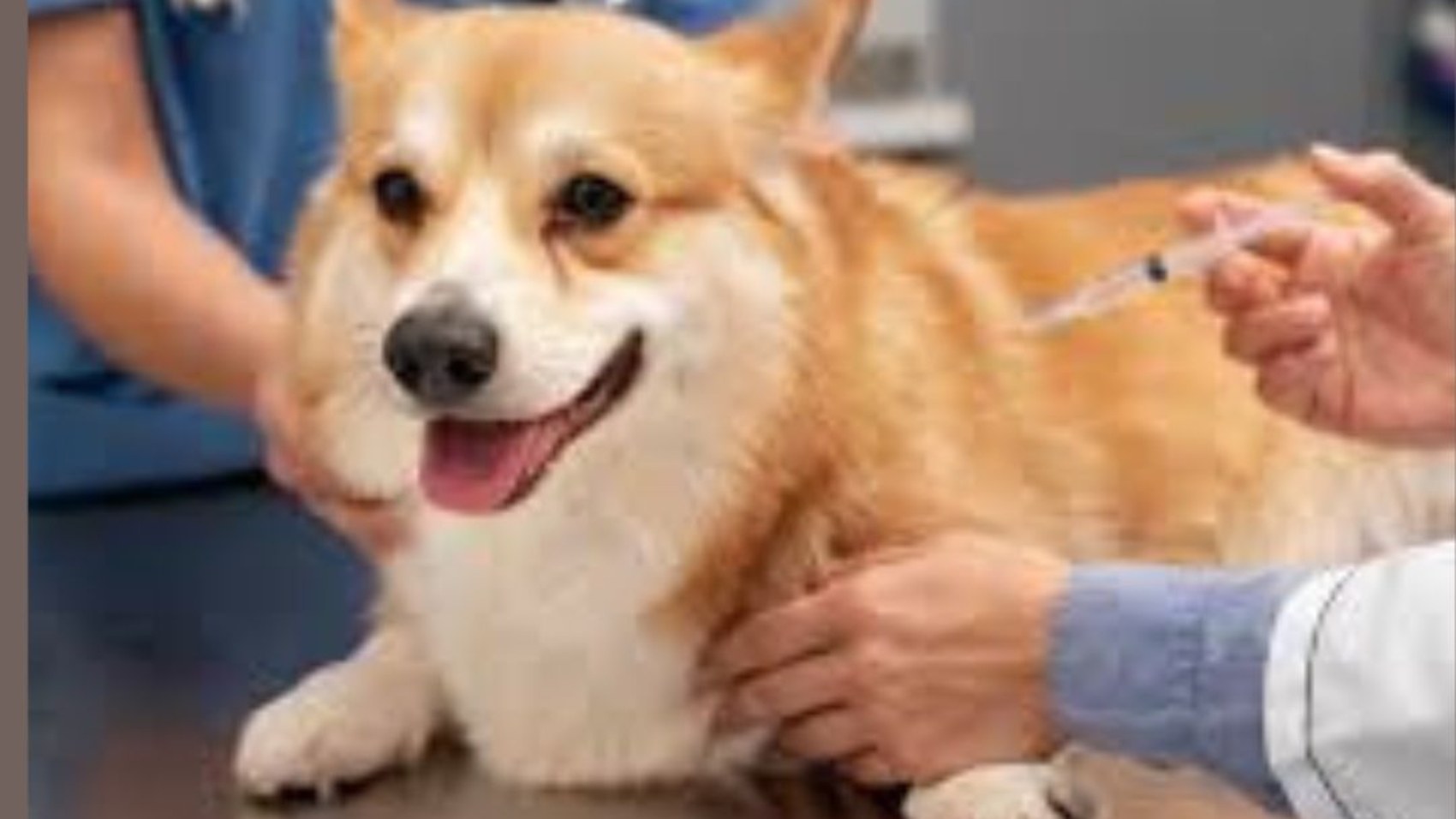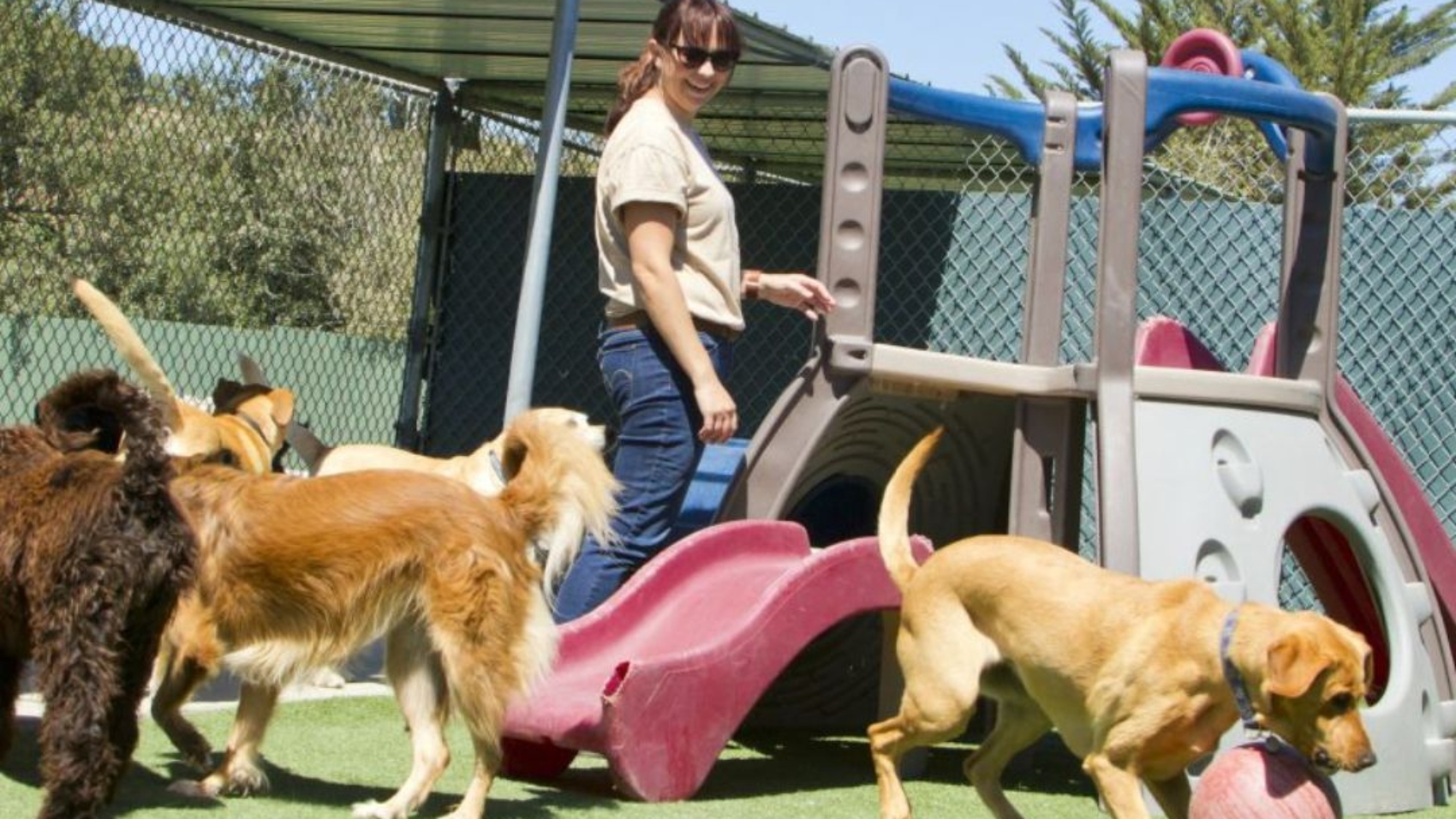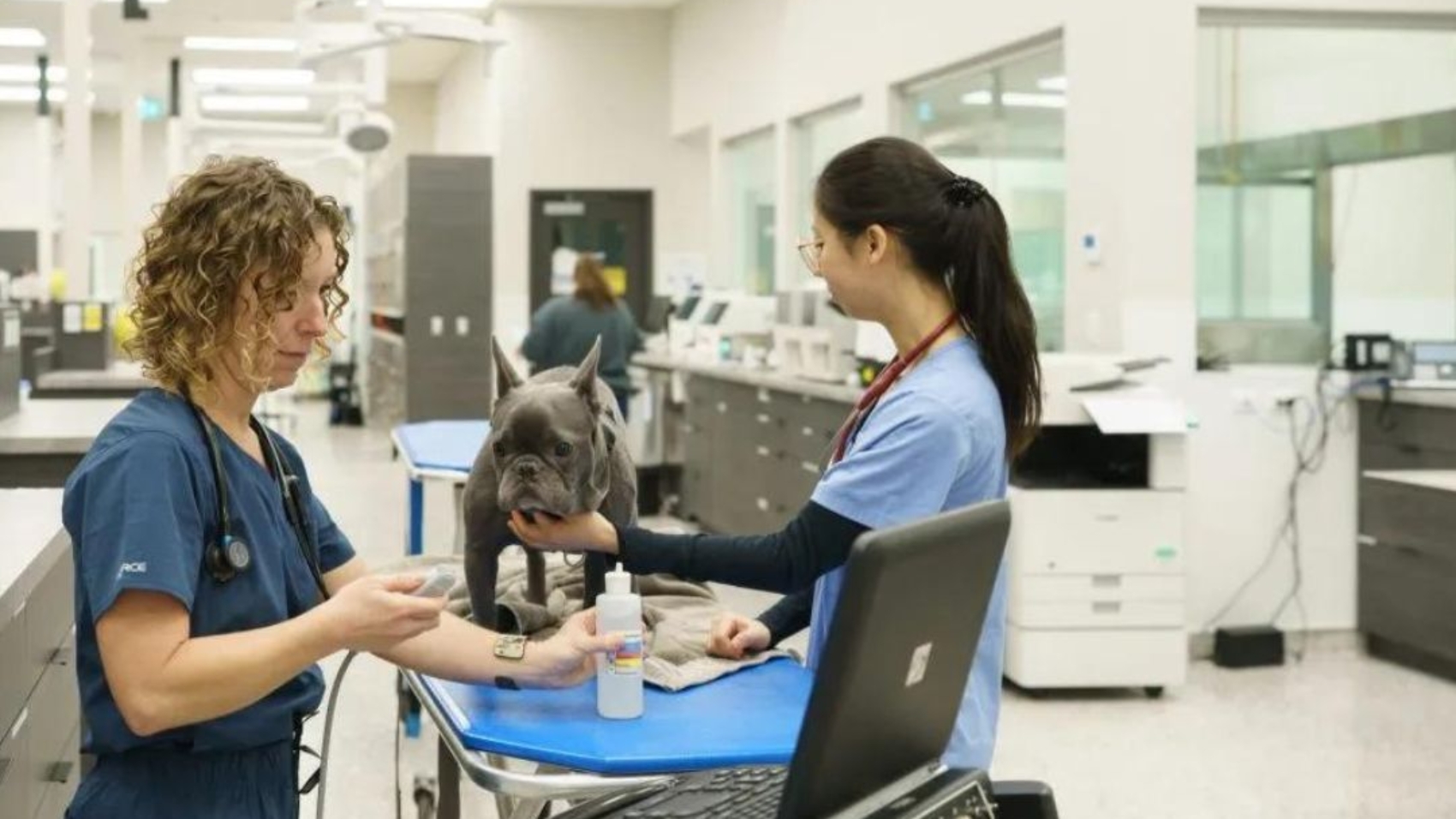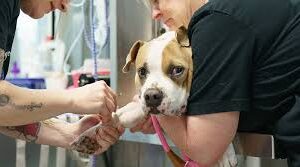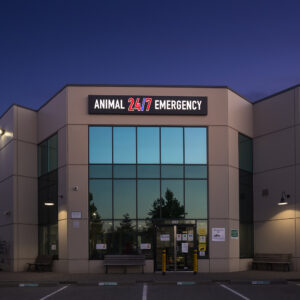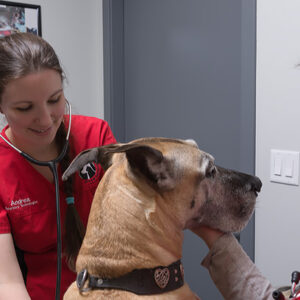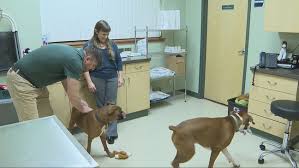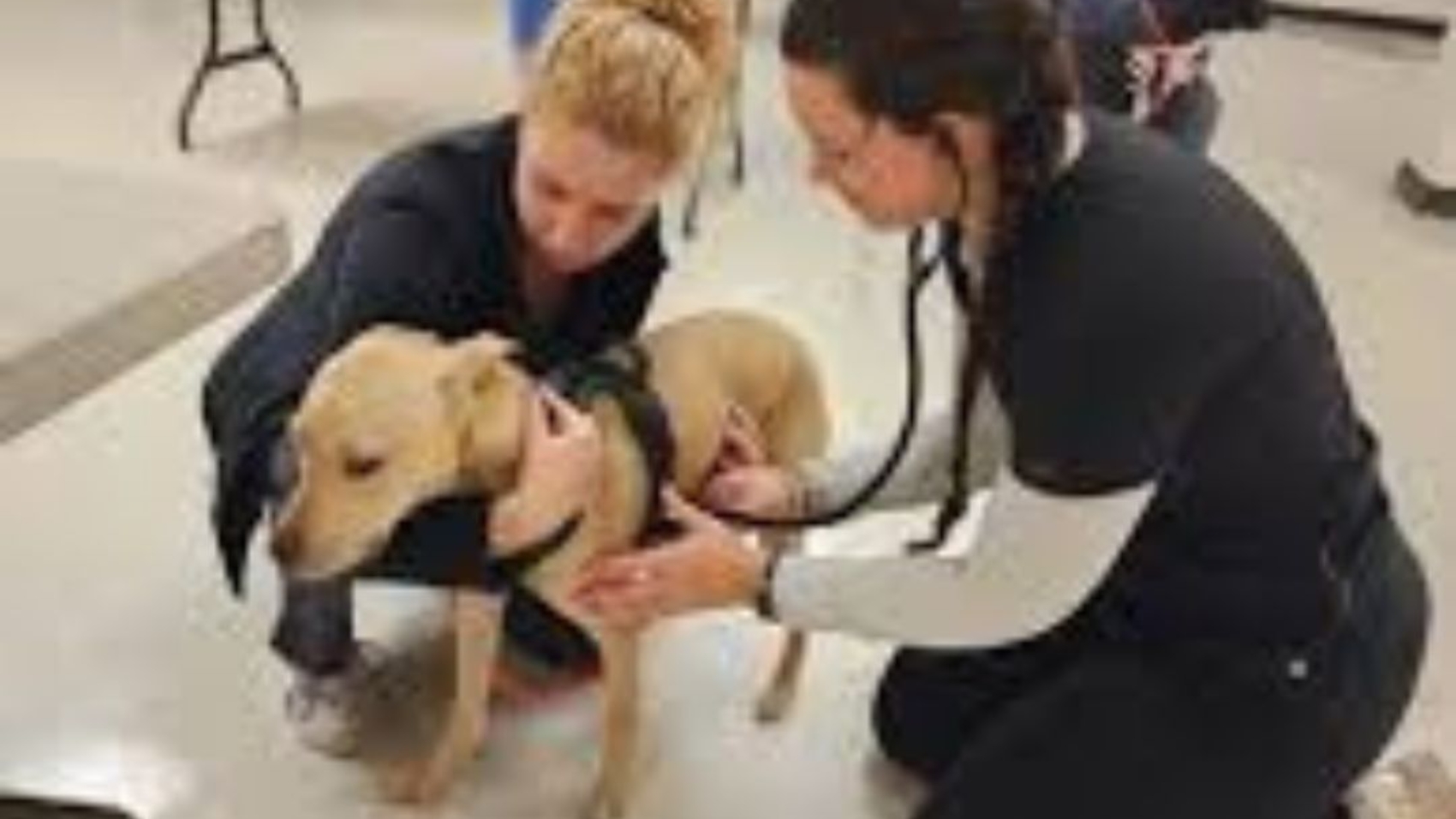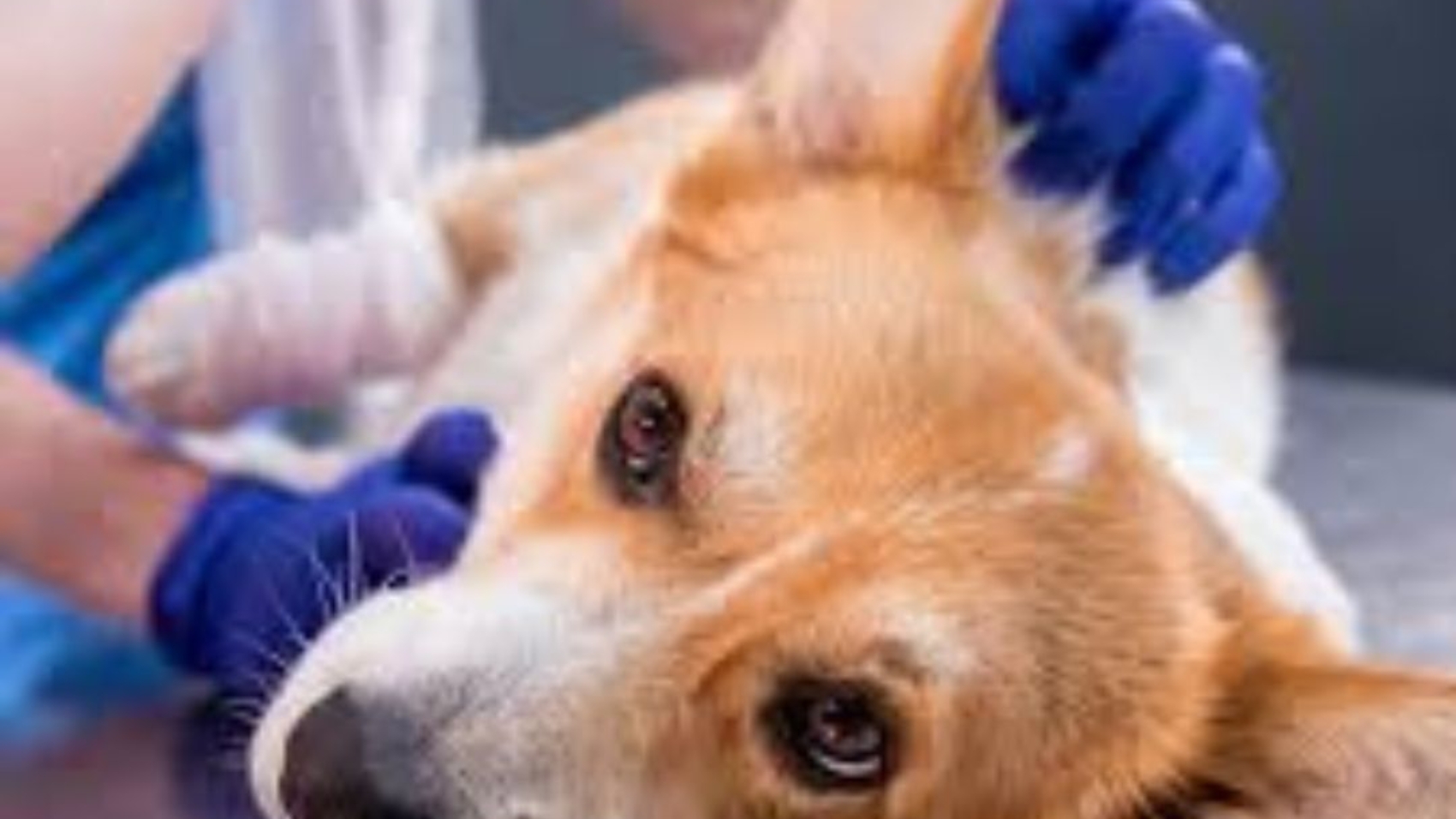Dog Vaccination the different vaccines available for dogs, the importance of regular vaccinations, how they can help your dog safe from infectious diseases.
Introduction
Vaccinating your dog is one of the most crucial aspects of responsible pet ownership. Dog vaccination protects your dog from a variety of potentially fatal diseases, contributing to their long-term health and well-being. This article aims to provide an in-depth understanding of dog vaccination, covering the types of vaccines, the vaccination schedule, benefits, potential side effects, and frequently asked questions.
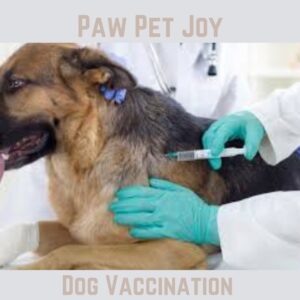
- Importance of Dog Vaccination
- Benefits of Dog Vaccination
- Types of Dog Vaccines
- Vaccination Schedule
- Puppy Vaccination Schedule
- Adult Dog Vaccination Schedule
- Potential Side Effects of Dog Vaccination
Importance of Dog Vaccination
Dog vaccination plays a vital role in preventing infectious diseases. Vaccines stimulate the immune system to produce antibodies that protect against specific pathogens. This preventive measure not only safeguards the individual dog but also helps in controlling the spread of contagious diseases within the canine community.
When a dog is properly vaccinated, it helps to build up their immune system and provides them with a layer of defense against harmful pathogens. Just like humans, dogs can also fall ill from diseases such as rabies, distemper, parvovirus, and kennel cough. Without proper vaccination, dogs are left vulnerable to these illnesses, which can lead to suffering, expensive medical treatments, or in some cases, even death.
Vaccines are specifically designed to stimulate your dog’s immune system to produce antibodies that will fight off specific diseases. By introducing a small, harmless amount of the virus or bacteria into your dog’s body, vaccines prepare the immune system to recognize and attack the real thing should they ever come into contact with the actual disease. This means that should your dog be exposed to a deadly virus, their body will be better equipped to fight it off and recover quickly.
Not only do vaccinations protect your own dog, but they also help to prevent the spread of disease within the larger canine community. By ensuring that your dog is vaccinated, you are contributing to the overall health and well-being of all dogs in your neighborhood. This is especially important in areas where dogs frequently come into contact with each other, such as dog parks, doggy daycare facilities, or grooming salons.
Another key reason why dog vaccination is so important is that many diseases that affect dogs can also be transmitted to humans. These are known as zoonotic diseases, and they can pose a serious risk to human health. By vaccinating your dog, you are not only protecting them from illness but also helping to safeguard the health of your family and others who come into contact with your pet.
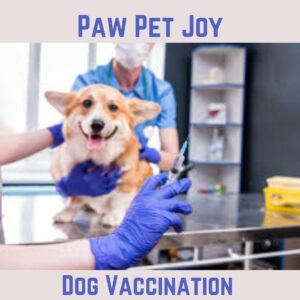
It is important to note that dog vaccination schedules vary depending on the type of vaccine and the individual needs of your pet. Your veterinarian will be able to advise you on which vaccinations are necessary for your dog based on their age, lifestyle, and risk factors. It is important to keep up to date with your dog’s vaccinations and schedule regular check-ups with your vet to ensure that they remain healthy and protected.
Benefits of Dog Vaccination
Prevention of Serious Diseases: Vaccines protect dogs from diseases like rabies, distemper, parvovirus, and canine hepatitis.
Vaccinations help to prevent the spread of infectious diseases among dogs. Just like humans, dogs are susceptible to a variety of illnesses that can be easily transmitted from one animal to another. By vaccinating your dog against common diseases such as rabies, distemper, parvovirus, and kennel cough, you are helping to create a barrier of protection that can greatly reduce the risk of your pet becoming sick. This not only safeguards their well-being but also helps to prevent the potential spread of these illnesses to other dogs they may come into contact with.
Protection of Public Health: Certain diseases, such as rabies, can be transmitted from dogs to humans. Vaccination helps in preventing such zoonotic diseases.
Vaccinations also play a crucial role in promoting public health. Diseases such as rabies can be transmitted from animals to humans, posing a serious risk to public safety. By ensuring that your dog is vaccinated against rabies, you are not only keeping them safe but also helping to prevent the spread of this deadly disease to people in your community. This is especially important if you live in an area where wildlife, such as raccoons or bats, may carry rabies and come into contact with domestic pets.
Cost-Effective Health Measure: Treating a disease can be significantly more expensive than preventing it through vaccination.
Getting your dog vaccinated can actually save you money in the long run. The cost of treating a preventable illness or disease can be exorbitant and may require extensive veterinary care. By investing in routine vaccinations for your pet, you are effectively reducing the risk of them contracting serious illnesses that could result in expensive medical bills down the line. In this sense, vaccination is not only a proactive measure to protect your pet’s health but also a smart financial decision that can help you avoid costly veterinary expenses.
Enhanced Longevity and Quality of Life: Vaccinated dogs are generally healthier and live longer lives.
Another key benefit of dog vaccination is that it can help to extend your pet’s lifespan. Many of the diseases that vaccinations protect against can be life-threatening, especially for young puppies or older dogs with weakened immune systems. By ensuring that your dog receives their necessary vaccines, you are providing them with the best chance of living a long and healthy life. This is particularly important for puppies, as their immune systems are still developing and they are more vulnerable to infectious diseases.
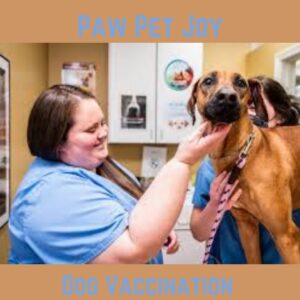
Types of Dog Vaccines
Dog vaccines can be broadly categorized into core and non-core vaccines. Core vaccines are recommended for all dogs, while non-core vaccines are administered based on the dog’s lifestyle, environment, and risk factors.
Core Vaccines
Rabies Vaccine: Rabies is a fatal viral disease that affects the central nervous system. The rabies vaccine is mandatory in many regions due to its severe implications for both dogs and humans. One of the most common vaccines for dogs is the rabies vaccine. Rabies is a serious and often fatal virus that can be transmitted to humans through a bite from an infected animal. In many places, including the United States, the rabies vaccine is required by law to protect not only your dog but also you and your family. Most states mandate that dogs receive their first rabies vaccination around 3-4 months of age, with booster shots needed every 1-3 years depending on local regulations.
Canine Distemper Vaccine: This vaccine protects against the canine distemper virus, which affects the respiratory, gastrointestinal, and nervous systems. Another important vaccine for dogs is the distemper vaccine. Canine distemper is a highly contagious viral disease that can affect multiple organ systems and is often fatal. The distemper vaccine is typically given in combination with other vaccines, such as those for parvovirus and adenovirus, in what is known as the DHPP vaccine. This combination vaccine helps protect your dog from several life-threatening diseases all at once.
Canine Parvovirus Vaccine: Parvovirus is a highly contagious virus that causes severe gastrointestinal illness in puppies and unvaccinated dogs.
Canine Adenovirus (Hepatitis) Vaccine: This vaccine protects against infectious canine hepatitis, a disease that affects the liver.
Non-Core Vaccines
Bordet Ella Bronchiseptica Vaccine: Commonly known as the kennel cough vaccine, this is essential for dogs that frequently interact with other dogs, such as in boarding facilities.
Leptospirosis Vaccine: Leptospirosis is a bacterial infection that can affect both dogs and humans. The vaccine is recommended for dogs that are exposed to wildlife or contaminated water sources.
Lyme disease Vaccine: This vaccine is recommended for dogs in areas where Lyme disease, transmitted by ticks, is prevalent.
Canine Influenza Vaccine: This vaccine protects against the canine influenza virus, which can cause respiratory illness in dogs.
Vaccination Schedule
Following a proper vaccination schedule is crucial for ensuring the effectiveness of the vaccines. The schedule may vary based on the dog’s age, health status, and prior vaccinations.
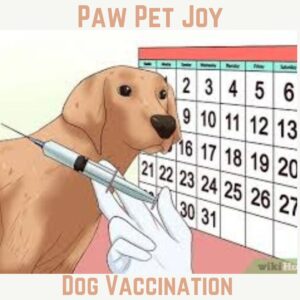
Puppy Vaccination Schedule
For puppy vaccines to provide necessary protection, they’re given every two to four weeks until a puppy is at least 16 weeks old. Some dogs in high-risk areas may benefit from receiving the last vaccines around 18–20 weeks old.
Here’s an example of what a typical puppy shot schedule looks like:
| Age | Core Vaccines | Noncore Vaccines |
| 6–8
Weeks
|
DAP | Bordet Ella
Parainfluenza (often included in DAP combo vaccine)
|
| 10–12
Weeks
|
DAP | Leptospirosis
Lyme Canine influenza
|
| 14–16
Weeks
|
DAP (vets prefer giving final DAP vaccine at 16 weeks or later)
|
Leptospirosis
Lyme Canine influenza ` |
| 16–18
Weeks
|
DAP(Rabies vaccine ,may be
given earlier if required by law)
|
Leptospirosis
Lyme Canine influenza
|
*DAP (Distemper, Adenovirus/Hepatitis, Parvovirus. Sometimes also referred to as DHP or DHPP if par influenza is included.)
Ultimately, it’s important to consult with your veterinarian to identify the appropriate schedule for puppy vaccines for your specific pet.
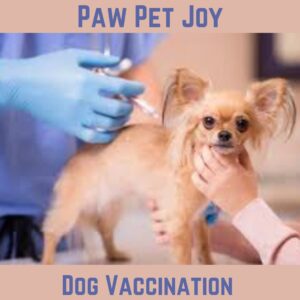
6-8 Weeks: First round of vaccinations including distemper, parvovirus, and adenovirus.
10-12 Weeks: Second round of vaccinations including distemper, parvovirus, adenovirus, and optional vaccines such as Bordet Ella and leptospirosis.
14-16 Weeks: Third round of vaccinations, ensuring full protection against core diseases.
16-18 Weeks: Rabies vaccine is administered.
Adult Dog Vaccination Schedule
Adult dogs need their core vaccines (DAP and rabies vaccines) in addition to any noncore vaccines decided upon between you and your veterinarian. A dog vaccination schedule for an adult dog may look like this:
| Frequency | Core Vaccines | Noncore Vaccines |
| Annual vaccines for
dogs
|
Rabies (initial vaccine) | Leptospirosis
Lyme Canine influenza Bordetella (sometimes given every 6 months)
|
| Dog vaccines given
every 3 years
|
DAP
Rabies (after initial vaccine, given every 3 years)
|
No 3-year noncore vaccines are available at this time. |
Ultimately, your veterinarian will determine how long a vaccine will work for your pet.
If your dog is overdue or if it’s their first time getting a vaccine, your vet may recommend a booster vaccine or an annual schedule so your pet is fully protected.

Annual Boosters: Core vaccines are typically given as annual boosters to maintain immunity.
Non-Core Vaccines: Administered based on risk factors and lifestyle. Some may require annual boosters, while others may be given every three years.
Potential Side Effects of Dog Vaccination
While dog vaccination is generally safe, some dogs may experience side effects. Most side effects are mild and temporary, but serious reactions can occur in rare cases.
Common Side Effects
Mild Fever: A slight increase in body temperature is a common reaction post-vaccination.
Lethargy: Dogs may feel tired and less active for a day or two after receiving a vaccine.
Reduced Appetite: A temporary loss of appetite can occur.
Localized Swelling: Swelling or a small lump at the injection site is common and usually resolves on its own.
Serious Side Effects
Allergic Reactions: Symptoms can include swelling of the face, difficulty breathing, and hives. Immediate veterinary attention is required.
Anaphylaxis: A severe, life-threatening allergic reaction that requires emergency treatment.
Autoimmune Disorders: In rare cases, vaccination can trigger autoimmune conditions.
FAQs about Dog Vaccination
Why is dog vaccination important?
Dog vaccination is crucial for preventing serious diseases, protecting public health, and ensuring the overall well-being of dogs. Vaccines stimulate the immune system to produce antibodies that defend against specific pathogens.
What are the core vaccines for dogs?
Core vaccines for dogs include the rabies vaccine, canine distemper vaccine, canine parvovirus vaccine, and canine adenovirus (hepatitis) vaccine. These vaccines are recommended for all dogs regardless of their lifestyle.
How often should my dog be vaccinated?
Puppies require a series of vaccinations starting at 6-8 weeks of age, followed by boosters every few weeks until they are 16-18 weeks old. Adult dogs typically receive annual boosters for core vaccines, and non-core vaccines are administered based on risk factors.
Are there any risks associated with dog vaccination?
While dog vaccination is generally safe, some dogs may experience mild side effects such as fever, lethargy, reduced appetite, and localized swelling. Serious side effects, such as allergic reactions and anaphylaxis, are rare but require immediate veterinary attention.
Can I skip non-core vaccines for my dog?
Non-core vaccines are recommended based on the dog’s lifestyle and risk factors. While some dogs may not need all non-core vaccines, it is essential to discuss your dog’s specific needs with a veterinarian to make an informed decision.
- Vaccination is a crucial preventive measure to protect dogs from serious diseases.
- Core vaccines are essential for all dogs, while non-core vaccines are administered based on lifestyle and risk factors.
- Following a proper vaccination schedule ensures the effectiveness of the vaccines.
- Most dogs experience mild side effects post-vaccination, but serious reactions are rare.
- Consulting with a veterinarian helps in making informed decisions about your dog’s vaccination needs.
Conclusion
Dog vaccination is a fundamental aspect of responsible pet care. By vaccinating your dog, you are not only safeguarding their health but also contributing to the overall well-being of the canine community. Regular consultations with your veterinarian and adhering to the recommended vaccination schedule will ensure that your dog remains protected against various infectious diseases. Prioritizing vaccination will lead to a healthier, happier, and longer life for your beloved pet.
